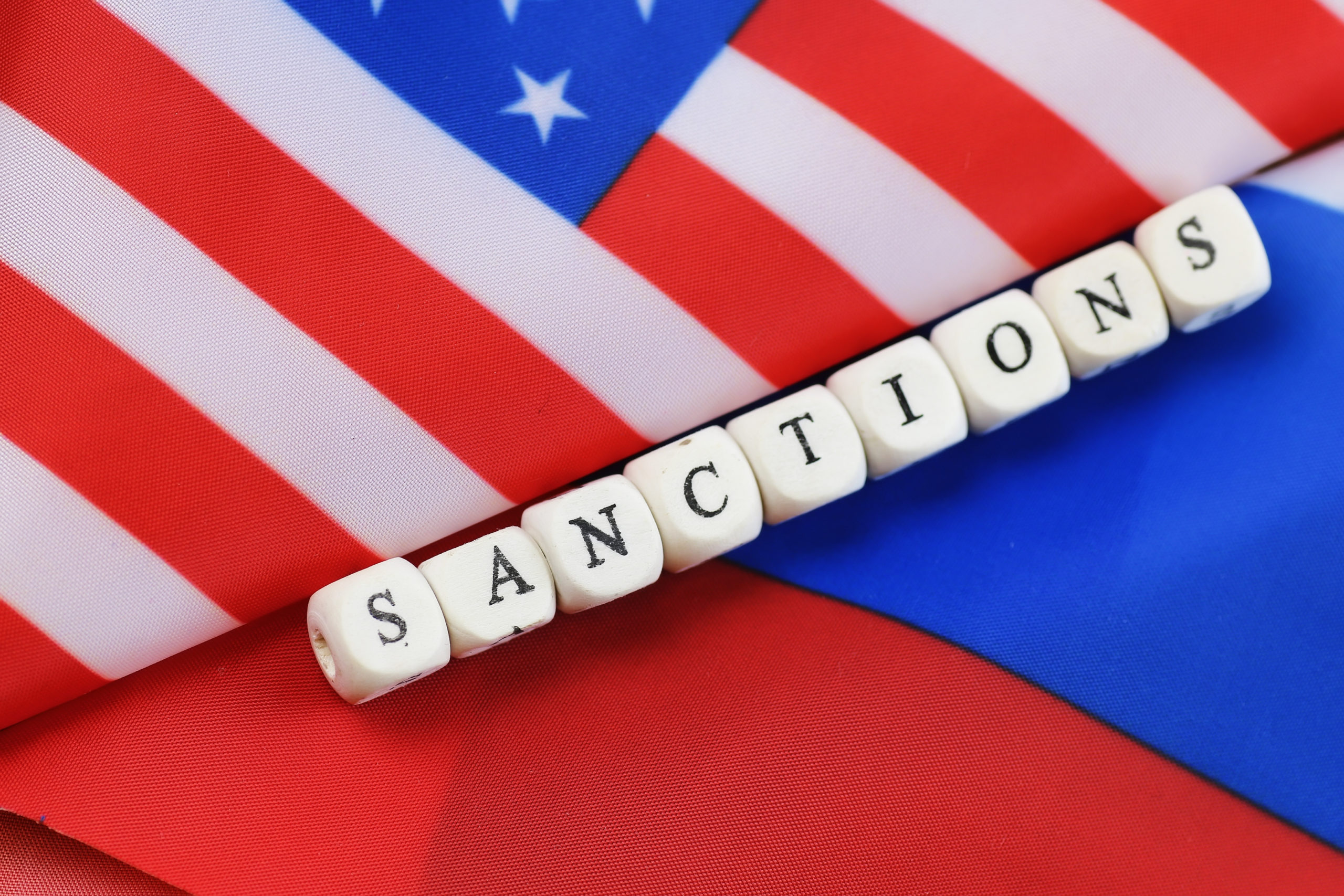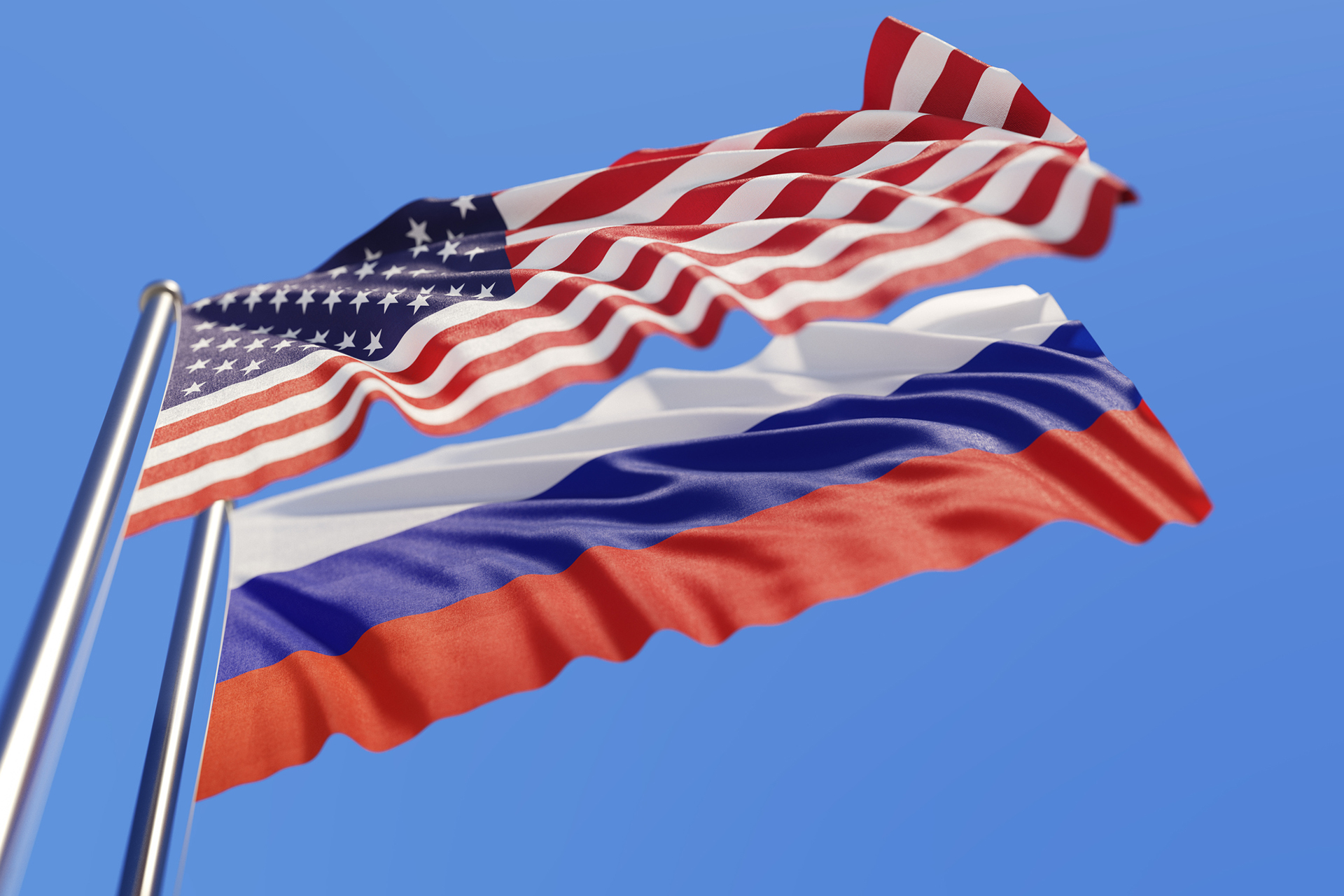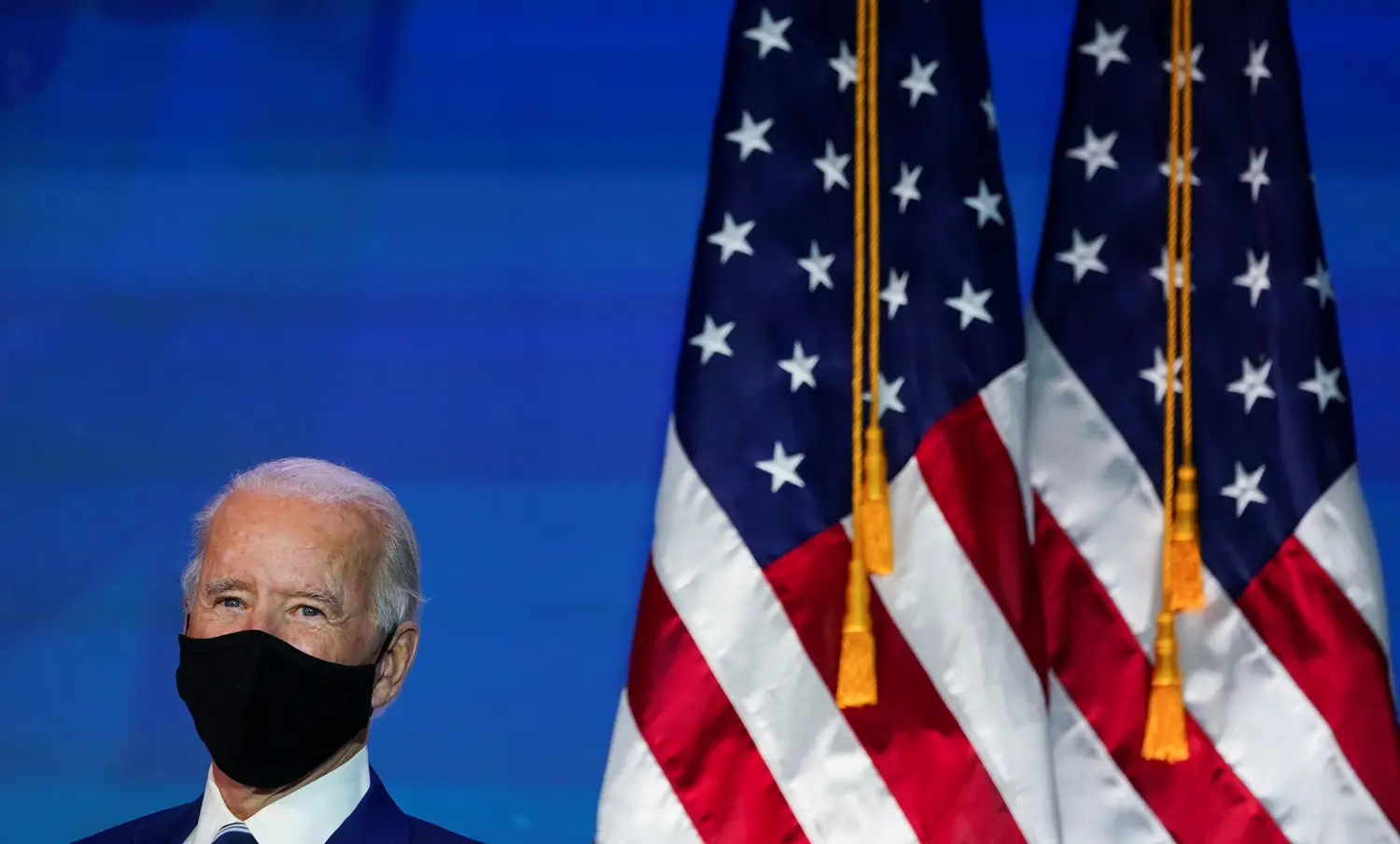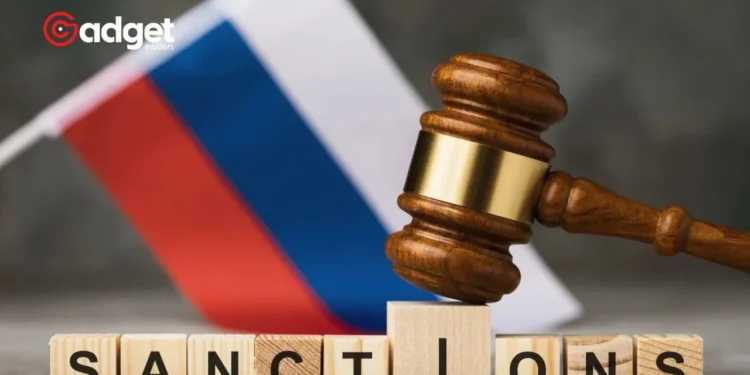In a geopolitical climate that seems to evolve with the passing of each day, the landscape of international relations has taken a significant turn as Russia finds itself increasingly isolated on the world stage. The United States, in a determined bid to respond to the ongoing conflict in Ukraine, has intensified its sanctions regime, targeting not only Russia but also casting a wide net that includes secondary sanctions on countries and entities dealing with the embattled nation.
This maneuver has led to a cautious reevaluation of alliances by some key partners, signaling a paradigm shift in global diplomacy and economic strategies.

A United Front Against Russia’s War Machine
The latest chapter in the saga of international sanctions sees the United States wielding a more potent weapon against Russia’s economic stability. An executive order by President Joe Biden now empowers the U.S. to directly sanction foreign banks that facilitate significant transactions for Russia.
This move underscores Washington’s resolve to disrupt the financial lifelines sustaining its defense industry amidst its military operations in Ukraine. “The threat of U.S. secondary sanctions is real,” a banking source admitted, reflecting a growing concern among global financial institutions about the repercussions of engaging with sanctioned Russian entities.
This sentiment is echoed in the actions of several banks across China, Turkey, and the United Arab Emirates (UAE), which have shown reluctance in processing payments for the country’s oil, fearing backlash from the United States.
🔥RUSSIA UNDER SANCTIONS🔥Russia booming under Biden’s iron fist. Russian cities are improving their infrastructure day by day. Here is Krasnodar – Galitsky Park – blossomed plum trees. Try this in San Francisco, you’ll see piles of shit and syringes everywhere in 2 weeks. WATCH! pic.twitter.com/IH1fTPkKA6
— Online Shogun (@online_shogun) April 8, 2024
Allies Reassess Their Stance
Countries that have traditionally maintained robust ties with Russia are now finding themselves at a crossroads. China, a longstanding ally, has seen its large banks halt transactions with sanctioned Russian financial institutions. Similarly, India, once a stalwart purchaser of the country’s crude, has reportedly ceased payments for Russian premium oil.
These developments hint at a broader trend of reassessment among its allies, wary of the far-reaching claws of U.S. sanctions. Even as Moscow seeks to navigate the choppy waters of international finance by pivoting towards these nations to sidestep sanctions, the fabric of its alliances appears to be undergoing a subtle yet unmistakable transformation.
The United Arab Emirates and Turkey, part of a cadre of countries that continued their economic engagements with Russia, are now showing signs of hesitation, a move that underscores the effectiveness of the sanctions regime imposed by the U.S. and its allies.

The Economic Strain and Kremlin’s Stance
The ramifications of these sanctions are palpable, with Russia’s economy bearing the brunt of international isolation. Frozen foreign exchange reserves and exclusion from the SWIFT banking system have dealt a significant blow to Moscow’s financial infrastructure.
Kremlin spokesperson Dmitry Peskov acknowledges the challenges posed by the sanctions, yet remains defiant, asserting that these hurdles will not impede the progression of Russia’s trade and economic relations, especially with China.
As the sanctions tighten their grip, the question that looms large is the long-term impact on its global standing and its economic vitality. With the Wilson Center pointing out the mounting pressure and its tangible effects on the Russian economy, it’s clear that the international community’s resolve is firm.
The sanctions, as they stand, are not just punitive measures but a reflection of a concerted effort to recalibrate the dynamics of global power in the face of unilateral aggression.

The New Dynamics of Global Politics
The evolving scenario of international relations and sanctions against Russia offers a glimpse into the complexities of global politics. As allies tread cautiously in the wake of U.S. sanctions, the message is clear: the geopolitical chessboard is witnessing a reshuffling of its pieces.
Whether this leads to a more stable international order or further escalates tensions remains to be seen. However, one thing is certain—the global community, led by the United States, is sending a strong message against aggression and in support of sovereignty and peace.










